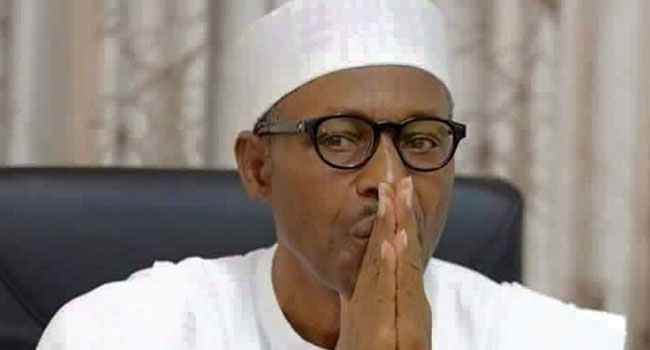The International Monetary Fund (IMF) on Tuesday projected that Nigeria’s economy would contract by -3.4% in 2020, implying a recessionary slide on the modest 2.27% real growth recorded by the country in 2019.
The Breton Woods development finance institution, which made this projection in its latest edition of the World Economic Outlook just released at the ongoing World Bank/IMF Spring Meeting in Washington D.C, however, predicted that the nation’s economy would rebound with 2.4% growth in 2021.
According to the current data published by the National Bureau of Statistics (NBS) on the country’s economic performance, the overall GDP in 2019 indicated a real growth of 2.27%, compared to 1.91% in 2018 while the real GDP grew by 5.59% quarter on quarter.
The bureau stated: “Nigeria’s Gross Domestic Product (GDP) grew by 2.55% (year-on-year) in real terms in the fourth quarter of 2019”
Meanwhile the IMF has announced immediate debt relief for 25 member countries around the world, excluding Nigeria.
The countries that would benefit from debt service relief are: Afghanistan, Benin, Burkina Faso, Central African Republic, Chad, Comoros, Democratic Republic of Congo, The Gambia and Guinea.
Others are Guinea-Bissau, Haiti, Liberia, Madagascar, Malawi, Mali, Mozambique, Nepal, Niger, Rwanda, São Tomé and Príncipe, Sierra Leone, Solomon Islands, Tajikistan, Togo and Yemen.
The IMF’s Executive Board said the debt relief was part of its revamped Catastrophe Containment and Relief Trust (CCRT).
Ms Kristalina Georgieva, the Managing Director, said this in a statement issued in Washington, D.C. on Tuesday.
According to her, the relief was part of the Fund’s response to help address the impact of the COVID-19 pandemic.
“This provides grants to our poorest and most vulnerable members to cover their IMF debt obligations for an initial phase over the next six months.
“It will help them channel more of their scarce financial resources towards vital emergency medical and other relief efforts.
“The CCRT can currently provide about 500 million dollars in grant-based debt service relief, including the recent 185 million dollars pledge by the United Kingdom and 100 million dollars provided by Japan as immediately available resources.
“Others, including China and the Netherlands, are also stepping forward with important contributions.”

 Join Daily Trust WhatsApp Community For Quick Access To News and Happenings Around You.
Join Daily Trust WhatsApp Community For Quick Access To News and Happenings Around You.


